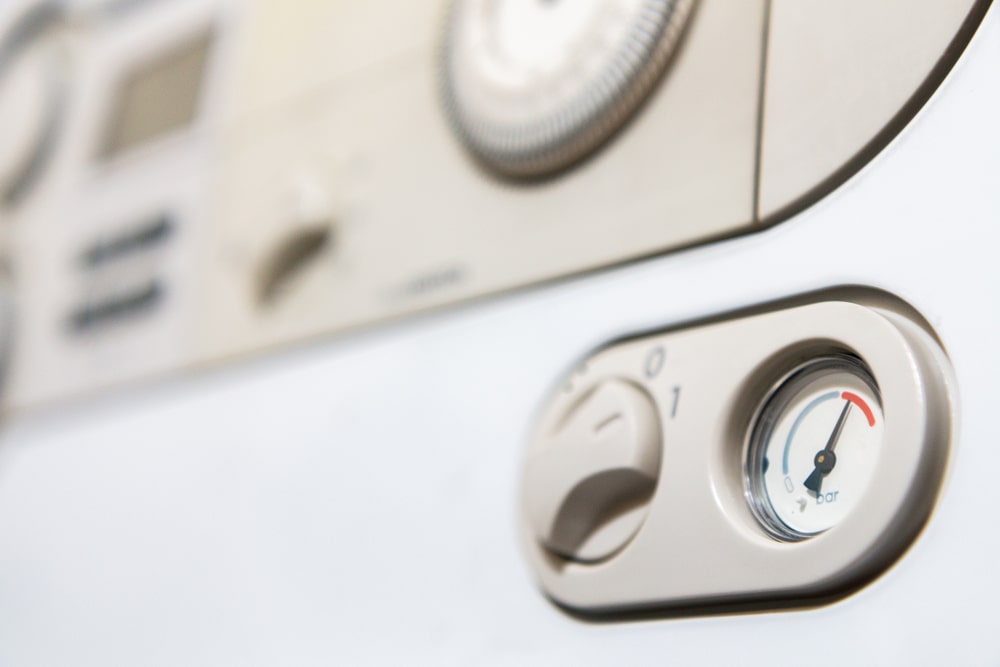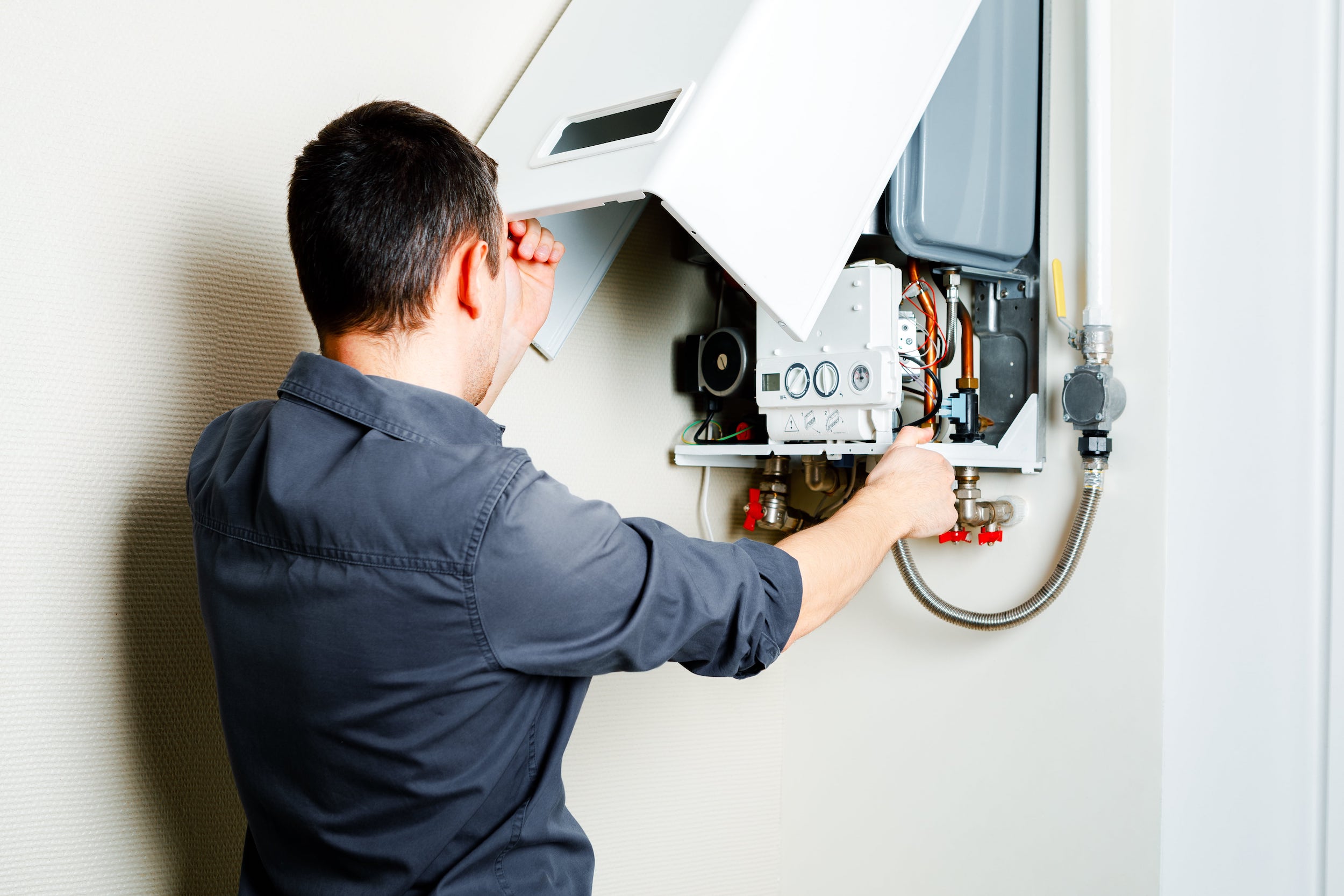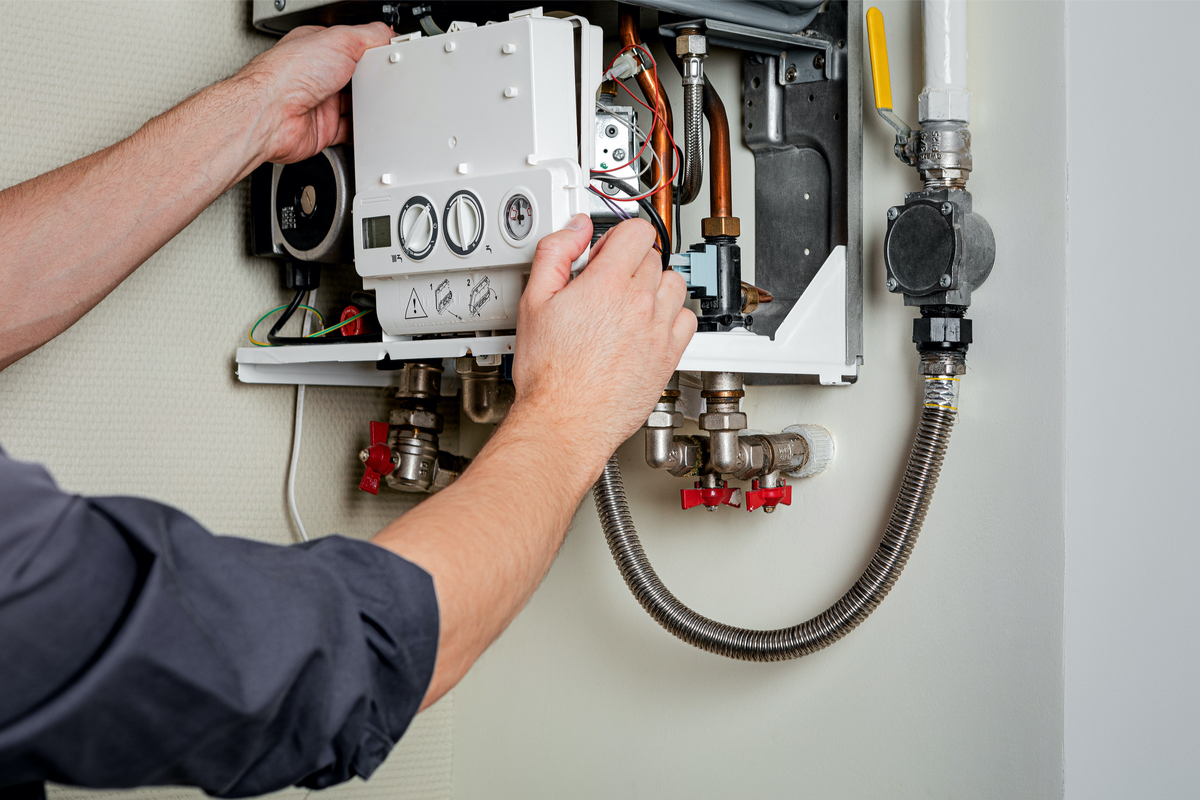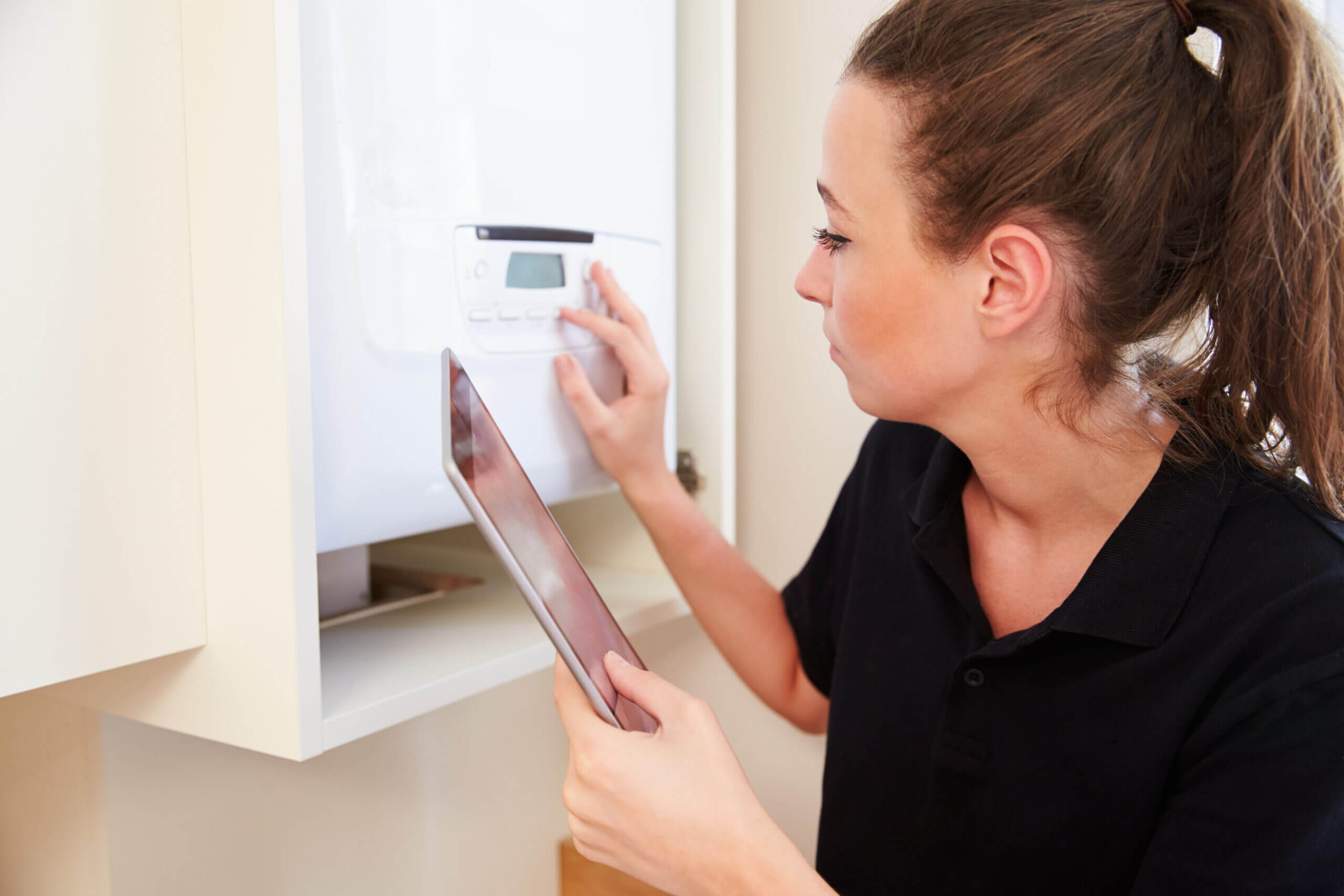
The cost-of-living crisis is affecting everyone in the UK, and one of the main propellants is the rapidly rising cost of energy. Simply put, your household bills are getting more expensive, whether you pay for gas, electricity, or both.
Luckily, having an efficient boiler can help you reduce your energy consumption, directly saving you money on your heating bills. It’s also important if you rent out your property too, as it will help keep costs down and be more appealing for tenants on the market, hence landlord boiler cover is key.
But how can you help your boiler run at maximum efficiency, and how can our boiler repair and cover services help? Read on to find out.
1. Make sure it is regularly serviced
One of the best ways to maintain peak boiler efficiency is to ensure that it is regularly serviced by a qualified engineer. Our engineers will help to clean your boiler system, check for any leaks, correct the pressure, and more to ensure you nothing is inhibiting your boiler’s ability to function.
All our Boilercare plans come with a free annual boiler service and emergency boiler breakdown cover to give you peace of mind when it comes to your household heating and hot water.
2. Turn your boiler on when it is warmer
You might not have thought about it, but a boiler that stays unused for six months of the year will be significantly more inefficient once it is turned on again for winter due to the seizing up of key, internal parts.
Regularly turning your boiler on for 15 minutes will help it keep up to speed and drastically reduce efficiency loss throughout the year, as it will help to keep the fan, pumps, and diverter valves moving.
Plus, you’d rather know when it is warm if your boiler is faulty, as it will save you calling for an emergency boiler service when you desperately need the warmth.
3. Carry out the maintenance you can on your end
Not everything requires the specialist help of an engineer! Whenever it’s time to have a “life admin” day or a spring clean, take a few minutes to give your central heating and boiler a service of your own.
Dust off your boiler regularly to prevent build up, blockages, and deterioration over time using a soft cloth on the outside of your boiler. Never remove the boiler cover unless you are a professional Gas Safe registered engineer.
Maintaining your radiators also helps your boiler, if your radiators aren’t running efficiently, this can make your boiler work a lot harder. Bleed your radiators to release trapped air; you won’t need to call a plumber to do it for you. It’s as easy as opening a valve on your radiator and letting out the trapped air which can otherwise prevent them from fully heating up.
If you have the means, consider insulating your pipes too, as this will help reduce heat loss to keep your water hotter for longer, whether it’s in the radiators or on the way. This, of course, saves you money on your energy bill.
4. Consider power flushing your central heating
If you’ve bled your radiators and cleaned your boiler but your home still doesn’t feel warm, you may need a full system power flush cleaning session. This may be because of deposit and “sludge” build up in your boiler, which can result in poor circulation and fuel wastage.
Some of the warning signs include:
- Cold spots at the bottom of your radiator
- Banging sounds from the boiler
- Noisy pipes
- Dirty water when bleeding radiators
Our engineers can conduct a system power flush to remove any build up and improve central heating system performance, reducing your overall energy consumption.
5. Think about installing a new energy efficient boiler
Deciding to install a whole newhttps://butco.com/boiler-installation/ boiler is no easy decision. The cost of both the boiler and installation could put you off making the change, but the added efficiency is likely to save you money in the long run, depending on the operational limitations of your current boiler.
A new boiler could save you hundreds of pounds worth of energy each year, especially if your current boiler is quite old and outdated. Plus, with prices still on the rise, the number you save is only likely to get higher.
Not sure which type of boiler is best for you? Not to worry, we can talk you through every option in detail to ensure you make the correct choice, and our online boiler quotation tool can help you receive and instant, no-obligation quote to make your decision.
Talk to us about your options
From our boiler service and cover plans to the full installation of a new boiler system, we’re here to handle all your heating needs. Our landlord boiler insurance or boiler cover with a service will give you and your tenants the peace of mind you need should anything ever go wrong.
If you’d like a no obligation chat with one of our qualified engineers to discuss which service could be right for you, get in touch.
Send an email to info@butco.com or call us on 0333 366 1121 to find out our recommendations today!






